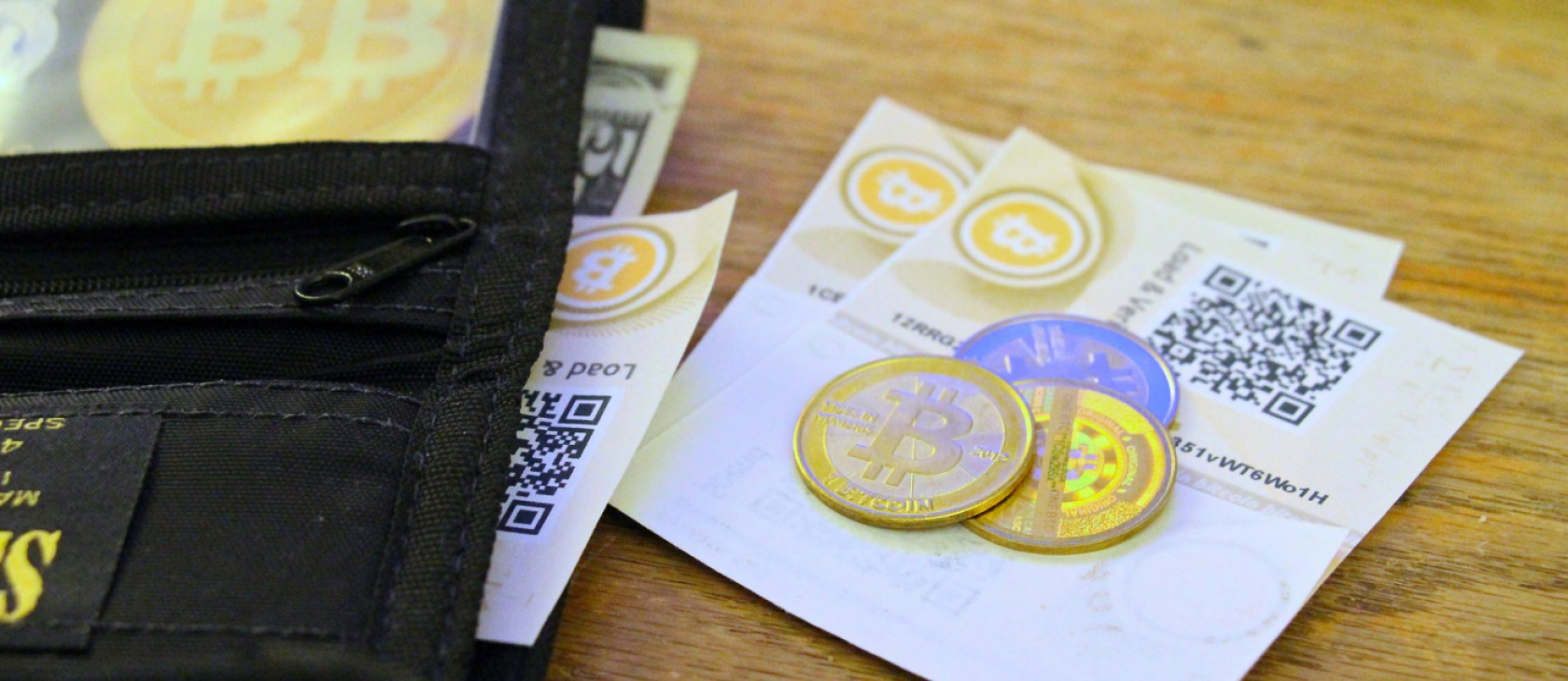Plenty of theologians and Christian leaders have become animated by the temptations of money. According to St Paul, the love of money is the root of all evil. Pope Francis has insisted that “money has to serve, not to rule.”
But what is money? In fact, it has a relatively mundane function. In simple terms, money is a good, such as gold, which we can use to buy all other goods.
Something used as money has to have certain characteristics. For example, it needs to be widely accepted. There is no point my having money that nobody else wants. What would I buy with it? Money also has to be a store of value. If what I use as money is fluctuating in value all the time, it will be risky to hold it in any quantity.
Modern monetary systems are based around central banks and a closely connected banking system. In its official statements, the Catholic Church seems to have come to support such systems, but it would like them to be globally coordinated. Indeed, it blamed the lack of global coordination of the banking system for the financial crisis. Yet the eurozone system (which is international, though not global) is hardly an exemplar of stability.
While we have become used to money being provided by banks supervised by a government central bank, if we reflect on the functions of money, it is clear that the government does not need to be involved in this way. Things such as sharks’ teeth and gold, which are limited in supply and portable, can be used as money and have been for much of history. Indeed, in prisoner-of-war camps substitute monies evolved quickly.
So, what about cryptocurrencies? The most famous cryptocurrency, Bitcoin, tries to mimic a gold mine. People beaver away using computing algorithms to solve puzzles that earn them a Bitcoin. The supply of Bitcoin is limited and, just like gold, it becomes harder to mine as time goes on. It is because it is limited in supply that its proponents hope it will keep its value and not be subject to inflation.
Unlike gold, however, Bitcoins have no intrinsic value. You can’t hang them round your neck or make fillings out of them. Furthermore, nobody really knows how widely used Bitcoin will become. It may come to be used for a significant amount of people’s spending; or it may disappear altogether after a period of novelty, like the Sinclair C5 electronic vehicle. Because of this, the value of Bitcoin fluctuates wildly as people speculate on it. The price of a bitcoin was $1,500 a year ago, $19,000 four months ago and $10,000 today.
There is a long history of Catholic teaching on speculation – much of it sceptical. Most economists, though, would argue strongly against any prohibition of speculation, because without speculation prices can deviate from their fair value for long periods, causing significant disruption. Nevertheless, if cryptocurrencies were simply vehicles for speculation, we would have to question their social value.
But what of the future? Although Bitcoin’s value is very volatile, new cryptocurrencies might well be invented with more stable values. The basic problem with bitcoin is that, if more people choose to use or hold it, the mechanism designed to prevent over-supply and inflation prevents the supply of bitcoin rising to match demand. As such, its price rises or falls with demand and this promotes speculation. Future cryptocurrencies might solve this problem by allowing supply to respond to demand. Should they then be welcomed?
One important feature of cryptocurrencies is that they can bypass the banking system altogether. They are a digital version of people passing gold hand to hand. There is certainly nothing fundamental to Church teaching which suggests that money should always be linked to a banking system, so this should not be a concern in and of itself.
However, the decentralised systems and encrypted record-keeping used by cryptocurrencies have made them attractive to money launderers, drug dealers, and fraudsters. Certainly, the Church should condemn this activity and any involvement with it, but this is no reason to oppose cryptocurrencies themselves.
Others might argue that the Church should oppose any form of money that is not backed by something tangible such as gold. But nothing tangible underlies modern monies either. This is why governments have been able to create the conditions for crippling hyperinflation, with Venezuela being just the latest among many examples. If the Church condemns cryptocurrencies on this basis, it should be consistent and call for a return to currencies backed by gold.
In all likelihood the future will bring about a number of monetary systems that will exist alongside each other: mobile phone payments, cash, bank deposits, asset-backed currencies and possibly cryptocurrencies. This is no bad thing.
A single globally coordinated monetary system based around central banks is inherently fragile and puts an awful lot of faith in human nature. Different systems have their own ethical and economic challenges. Catholic social teaching should address these rather than condemning new forms of money out of hand.
This article has been reprinted from the Institute of Economic Affairs.
(Photo credit: Zach Copley. This photo has been cropped. CC BY-SA 2.0.)












